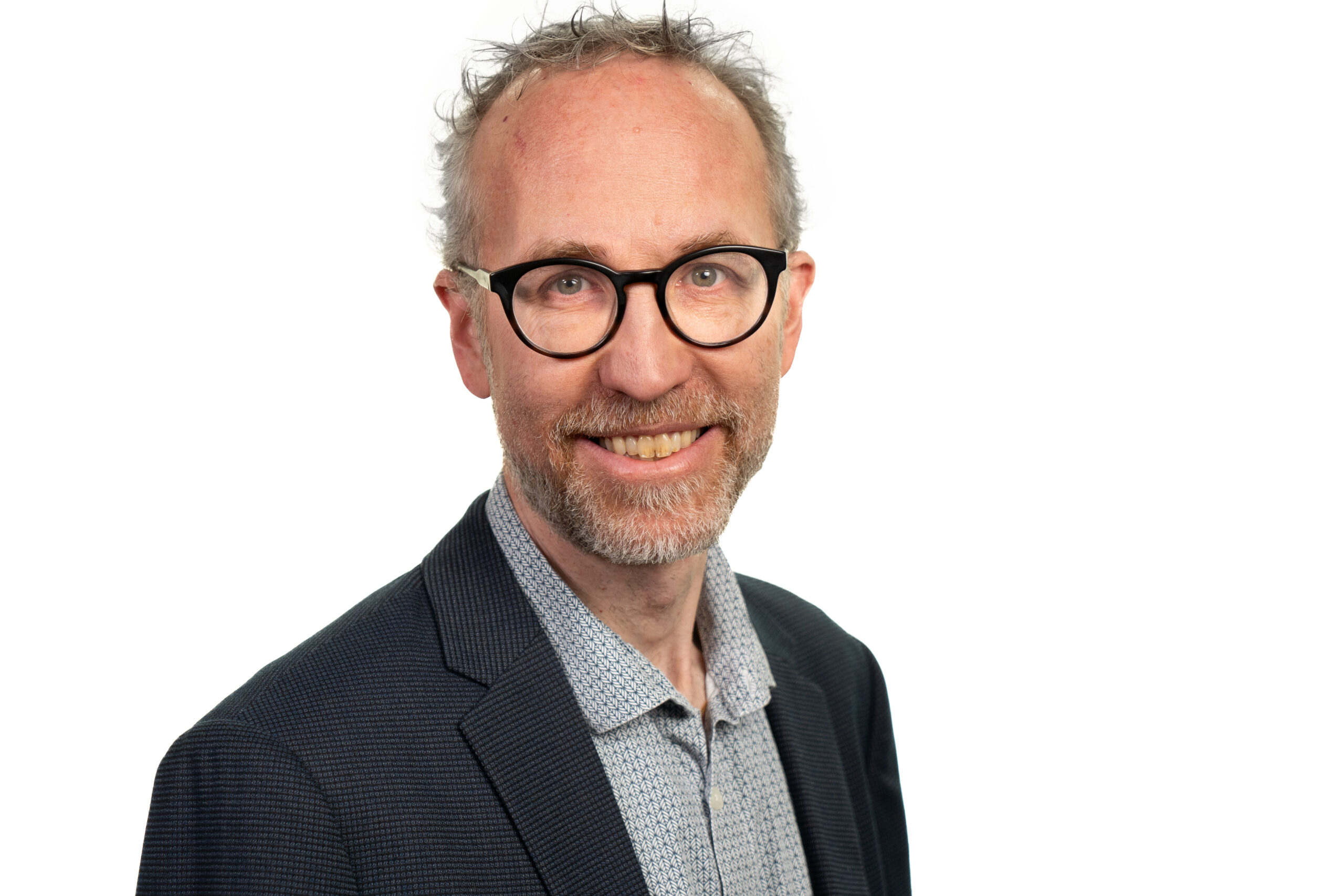By Mattias Söderberg
The UN climate summit, COP28, is just beginning. Over the next two weeks world leaders will take decisions which will affect our future. As Christians, we believe that we have duty to care for Creation as we should care for our neighbors and ensure that hope is kept alive. I do hope that world leaders share our concerns, and that they take responsibility for ensuring that we can manage the climate crisis we are facing.
However, world leaders will not be alone when they meet at the climate summit in Dubai. The joint ecumenical delegation, gathering members of the World Council of Churches, the Lutheran World Federation and ACT Alliance, stand united in a strong call for climate justice. More than 50 ecumenical delegates, including faith leaders, campaigners, activists, political advocates, and communicators will follow the meeting closely. We will raise our concerns, engage with decision makers, and share our calls for action.
Firstly, we must end the global temperature increase, and reduce our greenhouse gas emissions. This must be done in a fair manner so that we achieve a just transition. That means that we need a rapid phase out of all fossil fuels, supported by climate finance and a rapid scale-up of renewable energy and energy efficient solutions. It also requires a greater focus on access to energy, so that nobody is left behind when the world leapfrogs into a green and sustainable future.
Secondly, we need a drastically scaled-up focus on adaptation. UNEP has documented that the adaptation gap – the gap between current levels of adaptation efforts and the adaptation needed while accounting for the effects of climate change – is far more than USD 300 bn per year. Developed countries are currently not even delivering USD 100 bn as climate finance. The need for more attention to adaptation is therefore obvious.
Thirdly, the lack of adaptation combined with increasing global temperatures leads to climate-related disasters, and loss and damage. Last year at COP27, parties acknowledged this challenge, and it is now time to operationalize the promised loss and damage fund. While the fund seem to have been adopted, attention must now turn to filling the fund with finance. A fund without financing will have limited effect, and as an ecumenical delegation we call for adequate, predictable new and additional loss and damage finance. This should be both as allocations from parties, and from new and innovative sources built on the polluter pays principle.
Finally, and as importantly, all climate-related activities must be implemented in a fair and equitable manner, ensuring that climate justice is combined with gender justice. As an ecumenical delegation we stress that we cannot achieve climate justice without gender justice. This message will be an important part of our engagement during the coming weeks.
World leaders must not fail us again. We need to care for creation, we need climate action, and we need an ambitious outcome from this summit.
Mattias Söderberg is the co-chair of the ACT Alliance Climate Justice Reference Group and Chief Advocacy Advisor for DanChurchAid. 
